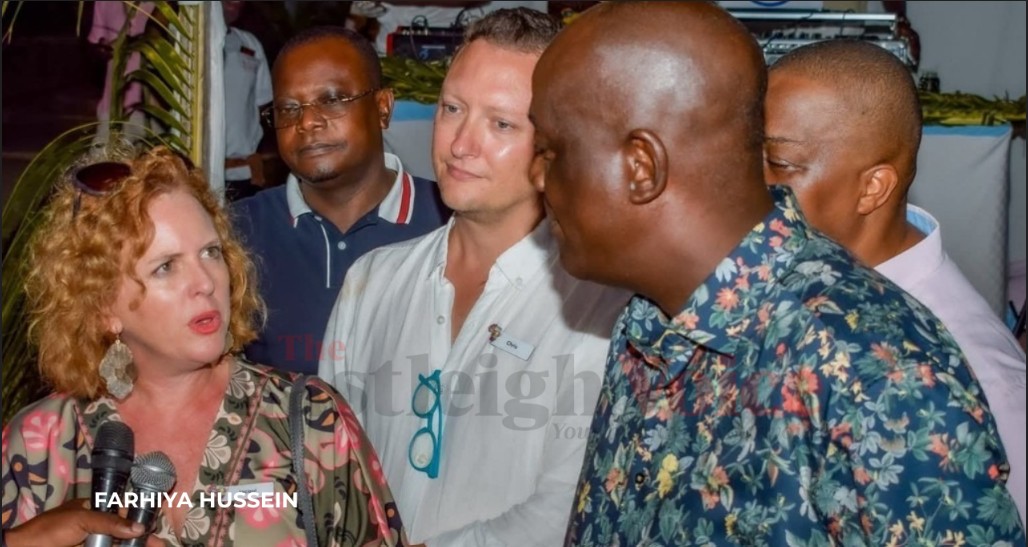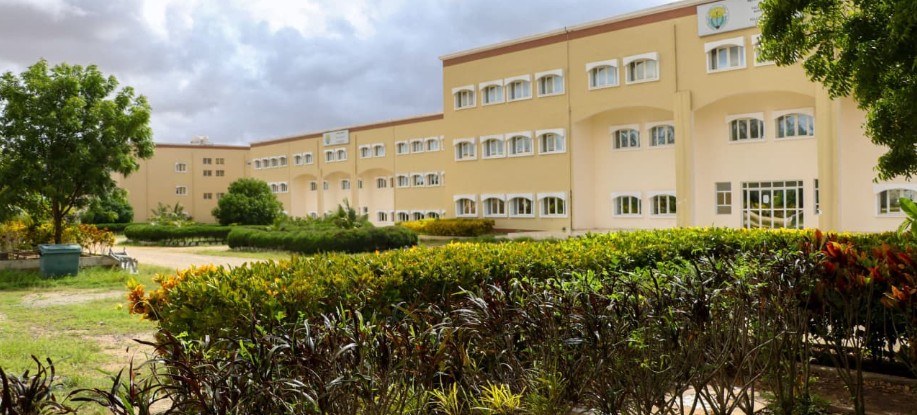Experts urge authentic experiences as modern travellers reshape African tourism

Experts say adapting to emerging trends is vital if the continent is to remain competitive in an increasingly digital and experience-driven market.
Tourism stakeholders across Africa are being urged to keep pace with changing global travel trends by aligning their offerings with the preferences of modern travellers.
Experts say adapting to emerging trends is vital if the continent is to remain competitive in an increasingly digital and experience-driven market.
More To Read
The advice came during the ongoing Essence of Africa 2025 tourism forum at Diamonds Malindi, which has attracted 150 vetted international buyers and an equal number of African exhibitors representing over 40 countries.
Industry specialists emphasised that younger travellers are reshaping the global tourism landscape. Unlike older travellers, who planned trips years in advance, today’s tourists make last-minute decisions, often choosing destinations within weeks or months and staying longer thanks to remote working opportunities.
According to Paula Newton of Rethink Travel Marketing in Los Angeles, tourism operators must recognise the influence of digital engagement on younger travellers.
“This generation doesn’t plan years ahead; they make travel decisions within three to five months and share everything instantly on Instagram or WhatsApp. Their posts end up doing much of the marketing for you,” she said.
Authentic experiences
Newton urged African suppliers to focus on authentic experiences over traditional resort stays, noting that younger travellers value meaningful cultural immersion over luxury accommodation.
Meanwhile, Andrea Landaeta of Sariri Terra in Brazil highlighted Latin America as an untapped market for African tourism.
“Travellers from Latin America and Mexico often make last-minute bookings; there is Latin American time just like African time,” she joked, explaining that while this can challenge operators’ availability, it also offers opportunities for flexible businesses.
Landaeta noted growing interest in Africa among Brazilian tourists, who are now exploring destinations beyond South Africa, including Botswana, Mozambique, and Uganda.
“They are looking for luxury with purpose experiences that combine comfort with meaningful impact,” she added.
Chinese market
For the Chinese market, Lin Yu of Travel World China said visibility on WeChat is indispensable.
“If you are not on WeChat, you are invisible to the Chinese traveller. It is not just a chat platform; it is where content is shared and travel decisions are made. Suppliers who rely on Dropbox or SharePoint are missing out because those platforms can’t be accessed in China.”
Yu explained that successful engagement with Chinese tourists requires localised content in Mandarin and optimised for WeChat, with visually rich material performing best.
“Post-pandemic, Chinese travellers are more discerning. They are willing to pay more for authentic and sustainable experiences, and they are increasingly aware of off-peak travel seasons,” she said.
She also highlighted the growing demand among Chinese families for high-end travel options, urging Kenyan operators to cater to both large group tours and luxury family stays.
Jacqui Reynolds, co-founder of Essence of Africa, emphasised the importance of sustainability across the continent’s tourism industry.
“The global audience is now deeply conscious about eco-friendly and responsible tourism. Over 70 per cent of travellers in key markets demand sustainability, and East Africa must continue to lead by example,” she noted.
Vital link
Kgomotso Ramothe, CEO for Memberships at the African Travel and Tourism Association (ATTA), described the forum as a vital link between global buyers and African sellers.
“Travel isn’t just about beaches; Africa’s charm lies in its people, stories, and cultural diversity. Events like this help us connect those experiences with international markets,” he said.
Ramothe also urged African governments to nurture talent and creativity in the tourism sector to better showcase the continent’s unique offerings.
Locally, the forum is expected to significantly boost Malindi’s economy. Kate Mwikali, chairperson of the Progress Welfare Association of Malindi (PWAM), estimated the event will inject roughly Sh55 million into the local economy.
“With over 300 delegates in attendance, not counting the ripple effects on transport, cultural, adventure, and religious tourism, this event is bound to make a meaningful difference to the community,” she said.
Top Stories Today














































